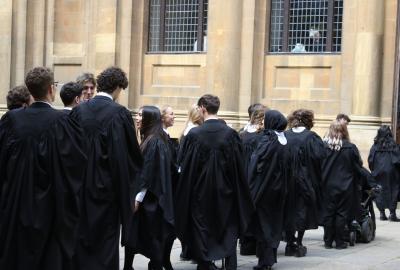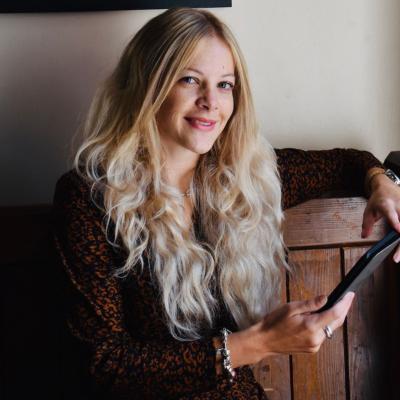
About this course
What brings people together — and what pushes them apart?
This course explores how group identities are formed, how individuals understand themselves in relation to others, and how both connection and division emerge within and between social and political groups. Drawing on key theories, cutting-edge research, and global case studies, students will examine the psychological mechanisms that shape social relations including how people connect, cooperate, and sometimes come into conflict.
From group belonging and everyday social interactions to the psychological roots of intergroup bias, and polarisation, the course begins by tracing how social minds are shaped by identity, group life and the broader social and political context. It then moves into real-world applications, exploring how ideas from social psychology can help us to better understand division and conflict as well as foster connection and promote social change. In this course, we will also consider the role of social media and how it can both drive conflict and foster connection.
Whether you’re curious about social identities, the psychology of social relations, or the dynamics of everyday interaction, this course offers a timely and globally relevant exploration of what connects and divides us.

Course Convenor: Prof Shelley McKeown Jones
Shelley is a Professor of Social Psychology in the Department of Experimental Psychology and Tutorial Fellow at Lady Margaret Hall. She joined the University of Oxford in 2024, following previous roles at the University of Bristol, Leiden University College, and the University of Hertfordshire. She hold a PhD (2012) and BSc (2008) in Social Psychology from the University of Ulster. Her research focuses primarily on understanding and improving intergroup relations in conflict and divided societies. She is a Fellow of the Higher Education Academy (FHEA), a Chartered Psychologist (CPsychol), and an Honorary Professor at the University of Bristol. Influenced by her time spent growing up in Northern Ireland, her research centres around understanding how to promote better intergroup relations, particularly for youth growing up in deeply divided societies. She uses a combination of survey, observational, behavioural, and experimental methods to tackle both basic and applied research questions. She is particularly interested in collaborative field research that applies social psychological theory to shape practice on the ground.
Learning outcomes
By the end of the course, students will be able to:
- Explain key theories and concepts in the social psychology of group connection and division.
- Critically evaluate how individual, group and contextual factors shape social connection and division between groups.
- Demonstrate awareness of how social psychological theory can inform understanding of contemporary societal issues such as polarisation and social change.
- Understand the role of social media in driving and de-escalating conflict and critically consider and evaluate interventions that can bridge social divides.
Who is this course suitable for?
This course would suit students from a range of disciplines, including not only students with prior experience of Psychology interested in a modern area of research, but also students without formal academic experience in the subject but who are interested in a scientific study of social relationships.
Dates and availability
Available as a Residential or Online course on the following dates:
Session 2: 20th July - 7th August 2026
Get in touch
If you have any questions, or would like to know more, please get in touch via the link below.